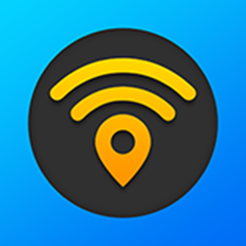
Options for WiFi Access
-
Public Wifi Safety
-
Public Wi-Fi networks are great, but they aren’t always safe. Sharing a network with other people means that your personal information is in danger of being seen or accessed. Protect yourself by taking the following precautions:
- Don’t enter sensitive information. Do your banking and online shopping at home to avoid exposing yourself to identity theft or credit card fraud.
- Use ‘https’ (secure) websites as much as possible. While most frequented websites such as Facebook and email providers will automatically convert the URL to a secure connection, keep an eye on the URL to make sure. Chrome users can also install an extension that will encrypt your data with major websites to make your browsing safer.
- Forget the network. Unless you specify otherwise, your computer or device will likely remember the Wi-Fi network and reconnect to it whenever you are in range. Doing this can leave your information exposed while you’re not browsing. Avoid this by unchecking ‘Connect Automatically’ in your network settings.
- Enable two-factor authentication on frequently visited sites. By adding an extra layer of protection (i.e. entering your phone number or selecting an accompanying icon) to any password protected website, you are effectively reducing the likelihood of a hack.
Public Wifi Locations
-
Affordable Internet Access
-
Offers for cheaper Internet access:
Comcast
https://www.internetessentials.com/
AT&t
https://m.att.com/shopmobile/internet/access/
CenturyLink
https://www.centurylink.com/aboutus/community/community-development/lifeline.html










